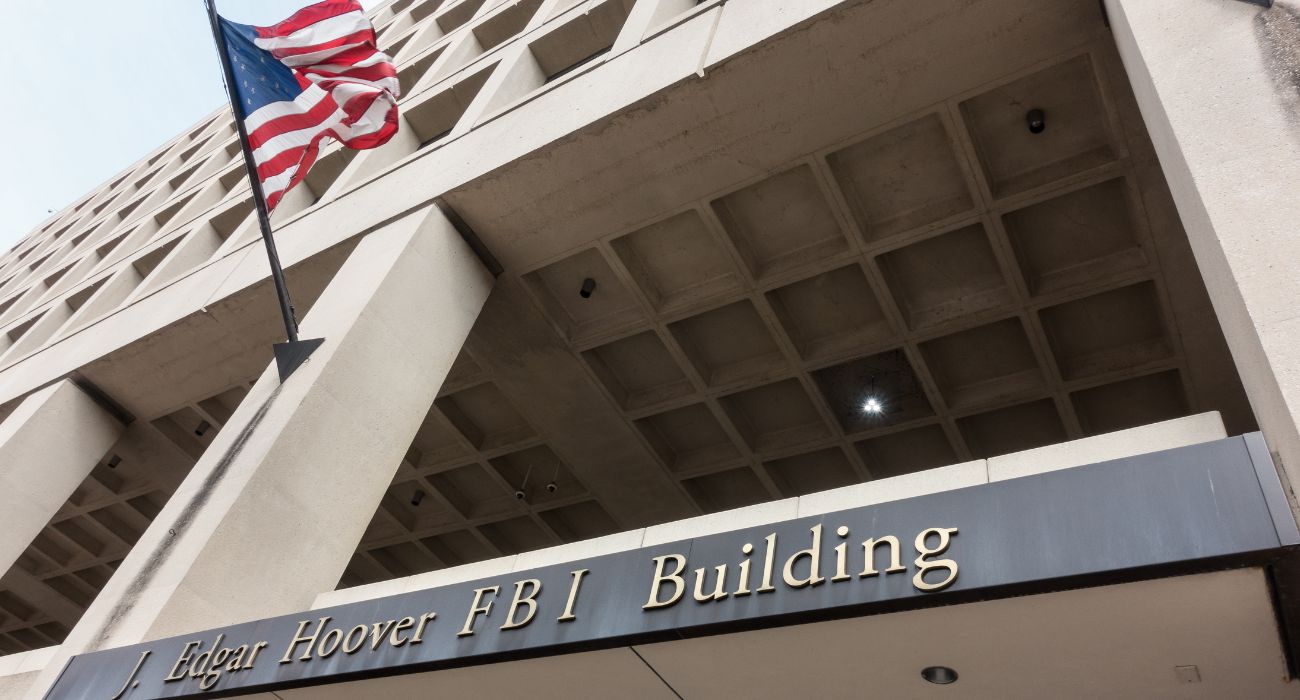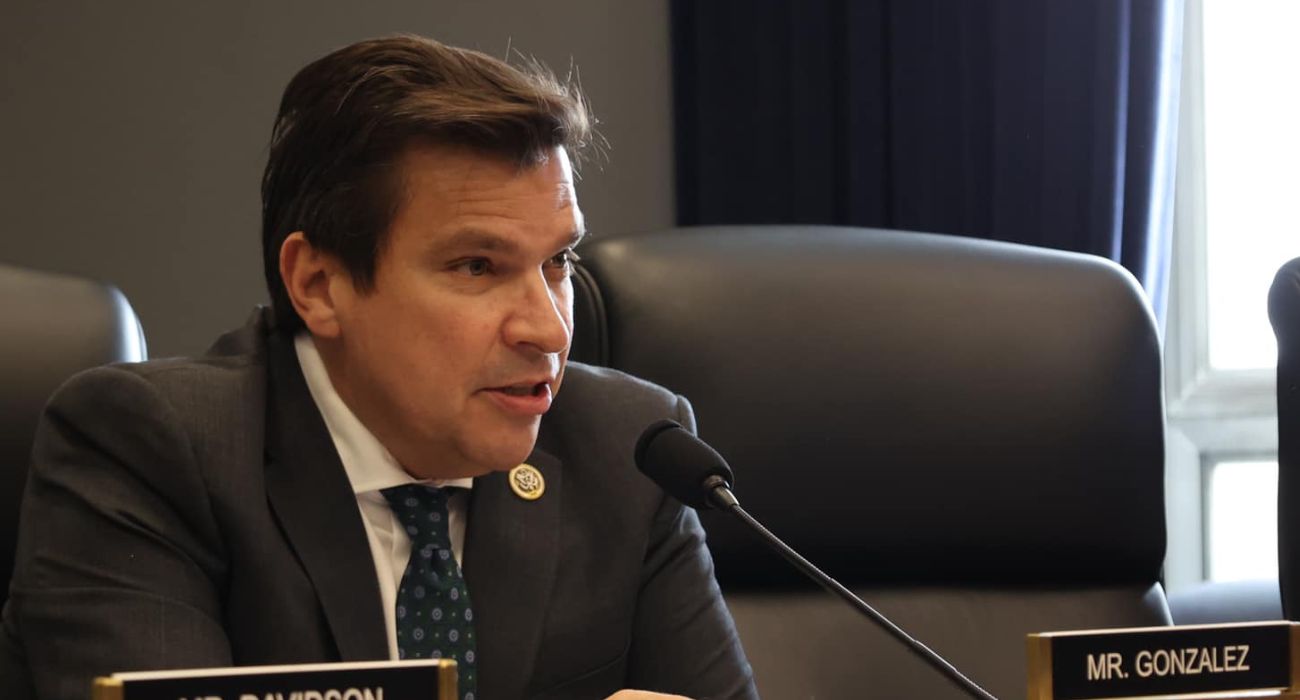Recent revelations from an online-published series called the “Twitter Files” suggest a years-long campaign from the Federal Bureau of Investigation and other government agencies to pressure Twitter to suppress speech.
The emails released show extensive correspondence between FBI agents and top Twitter personnel, requesting that certain accounts be examined and disciplined. This included the FBI flagging certain posts and accounts, even those with low follower accounts and where it was clear the intent of a post was sardonic or humorous.
In an email from November 5, 2022, the FBI’s National Election Command Post requested the branch in San Francisco to coordinate with “Twitter to determine whether the accounts identified … have violated Twitter’s terms of service.”
Furthermore, the agency requested the San Francisco branch to obtain “any location information associated with the accounts that Twitter will voluntarily provide to aid the FBI in assigning any follow-up deemed necessary.”
The next day, Agent Elvis Chan forwarded the list of FBI-flagged accounts to Twitter and asked the company to “Let us know if you decide to take any actions against these accounts based on our tipper to you.”
On November 8, Twitter employee Patrick Conlon responded with a breakdown of actions taken against the requested accounts, ranging from bouncing specific tweets to permanently suspending accounts.
Twitter’s former head of Trust and Safety, Yoel Roth, was also on the email along with at least 15 additional FBI employees.
“Twitter’s contact with the FBI was constant and pervasive, as if it were a subsidiary,” reporter Matt Taibbi summarized.
Taibbi also noted that beyond the FBI, the Department of Homeland Security “partnered with security contractors and think tanks to pressure Twitter to moderate content,” as previously reported by The Dallas Express.
These sorts of actions, in addition to the broader chilling effect they may have on speech, could directly suggest a violation of the First Amendment.
While Twitter is a corporation, “when a private company is censoring information based on direction, coordination, and cooperation with the government, then legally it may be considered to be acting as an agent for the government, and it may be found to be violating the First Amendment,” says Hans von Spakovsky, Senior Legal Fellow at the Heritage Foundation.
Building off the revelations in Taibbi’s installment, journalist and former candidate for California governor Michael Shellenberger documented how the “FBI & intelligence community” sought to suppress, discredit, and manipulate factual information about Hunter Biden during 2020.
“We present evidence pointing to an organized effort by representatives of the intelligence community (IC), aimed at senior executives at news and social media companies, to discredit leaked information about Hunter Biden before and after it was published,” Shellenberger wrote.
On October 13, 2020, the day before the New York Post published a breaking report on Hunter Biden’s Ukrainian business dealings, Agent Chan emailed Roth that he would be sending 10 documents through a program called Teleporter, “a one-way communications channel from the FBI to Twitter.”
When the Post article was published, Twitter almost immediately began censoring it, “preventing it from spreading and, more importantly, undermining its credibility in the minds of many Americans.”
Assisting in the FBI’s influence over Twitter during this time was the fact that “so many former FBI employees” worked “at Twitter that they had created their own Slack channel and crib sheet to onboard new FBI arrivals.”
Despite some hesitancy from some within Twitter, such as from Roth, ultimately, “the influence operation persuaded Twitter execs that the Hunter Biden laptop did *not* come from a whistleblower” and therefore needed to be censored, according to Shellenberger.
After the 2020 election, an internal Twitter email explained, “What is not as widely known is the role Twitter played in helping the FBI … Obviously, this work is close-hold and we will never get public credit, but I would like to thank our FBI counterparts who worked so well with us this election cycle.”
While all of this was ongoing, Twitter had received nearly $3.5 million in “reimbursement” payments from the FBI ostensibly related to information requests.
This information led Elon Musk to suggest that the “Government paid Twitter millions of dollars to censor info from the public.”
However, defenders of the FBI’s participation with Twitter, including former chief security officer of Facebook Alex Stamos, claim that such payments are routine and had “absolutely nothing to do with content moderation.”
In response to the Twitter Files, the FBI reportedly issued a press release, stating, “The correspondence between the FBI and Twitter show nothing more than examples of our traditional, longstanding and ongoing federal government and private sector engagements, which involve numerous companies over multiple sectors and industries.”
“It is unfortunate that conspiracy theorists and others are feeding the American public misinformation with the sole purpose of attempting to discredit the agency,” the statement concluded.
Nevertheless, investigations will pursue the role that government agencies played in suppressing certain types of speech on Twitter during election cycles. This comes along as information is revealed on the presence of former CIA officials and agents at Facebook, Google, and other big tech companies, often staffing politically sensitive roles such as those related to content moderation and determining what is “harmful content.”
Representative Jim Jordan (R-OH), soon to lead the House Judiciary Committee, responded to the Twitter File revelations saying, “I have concerns about whether the government was running a misinformation operation on We the People. … this is something we’ve got to look at.”






